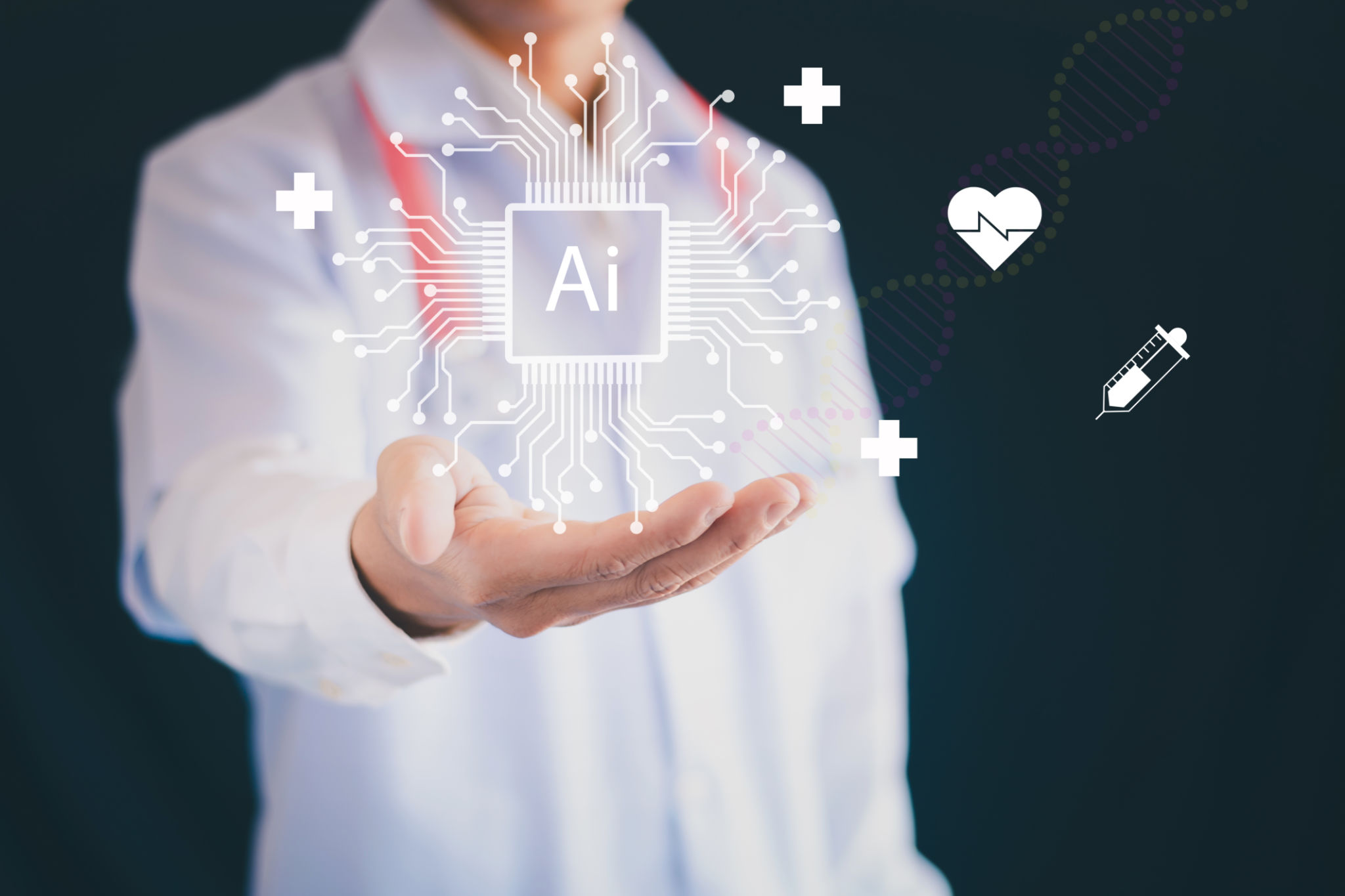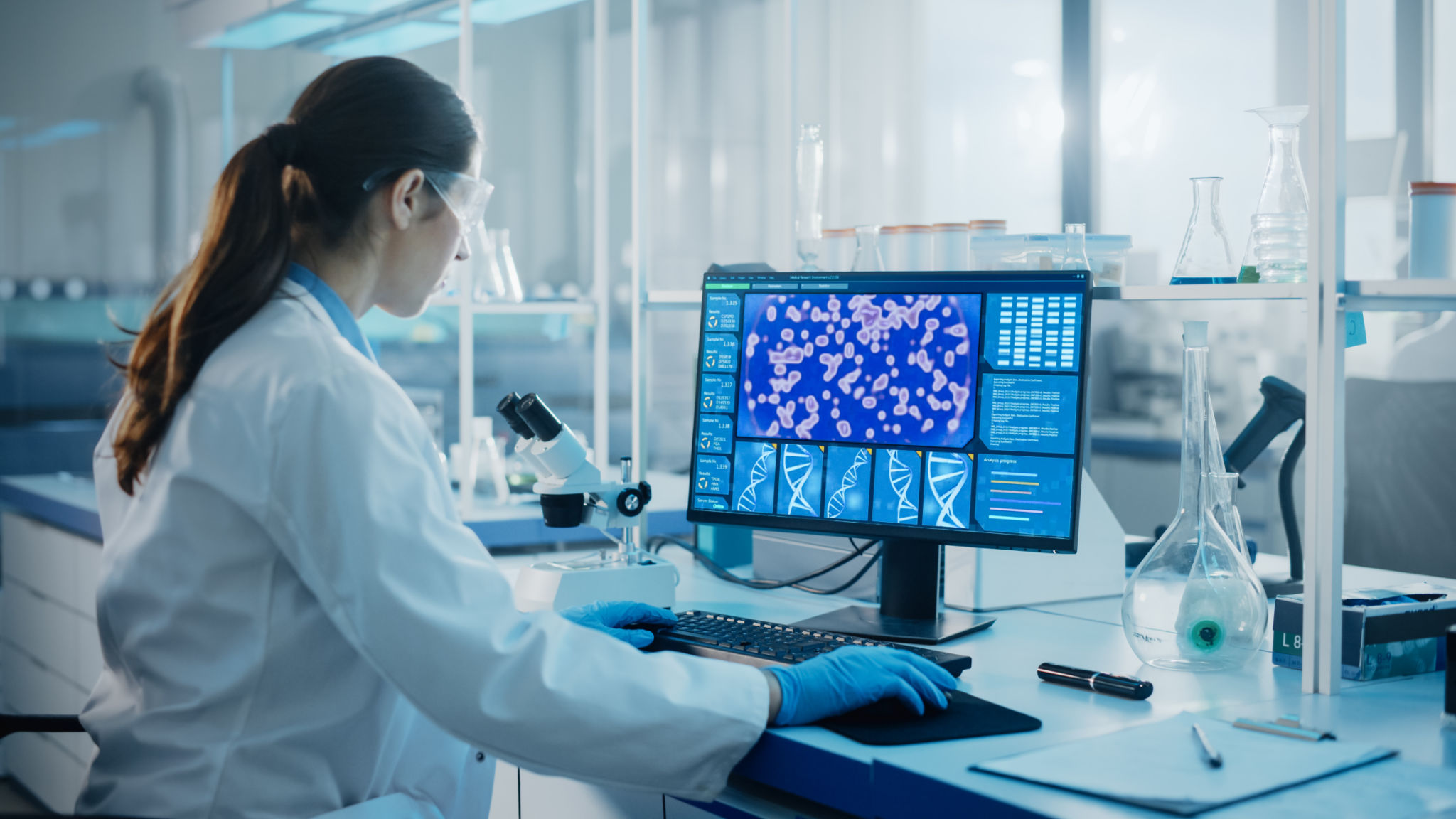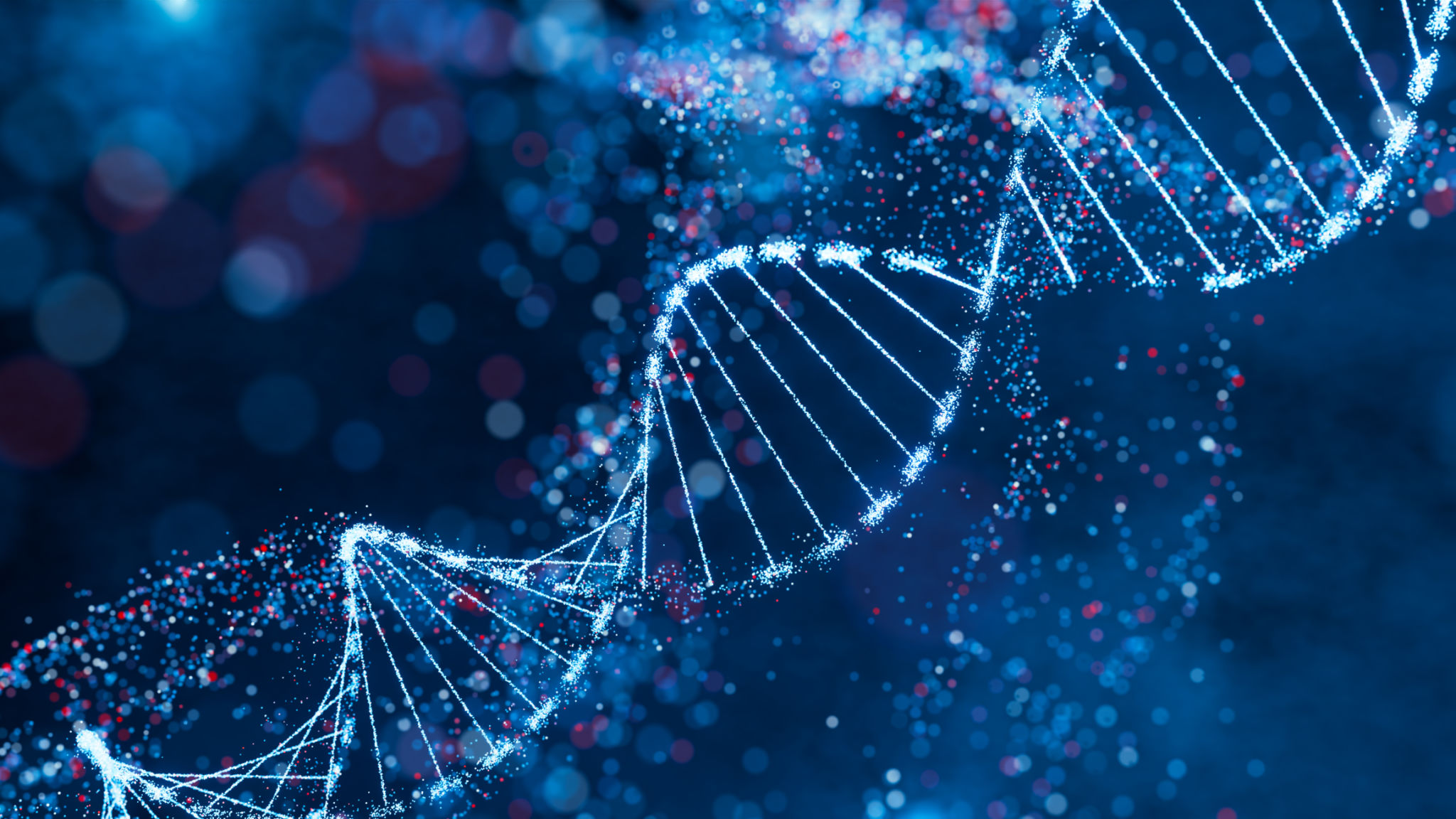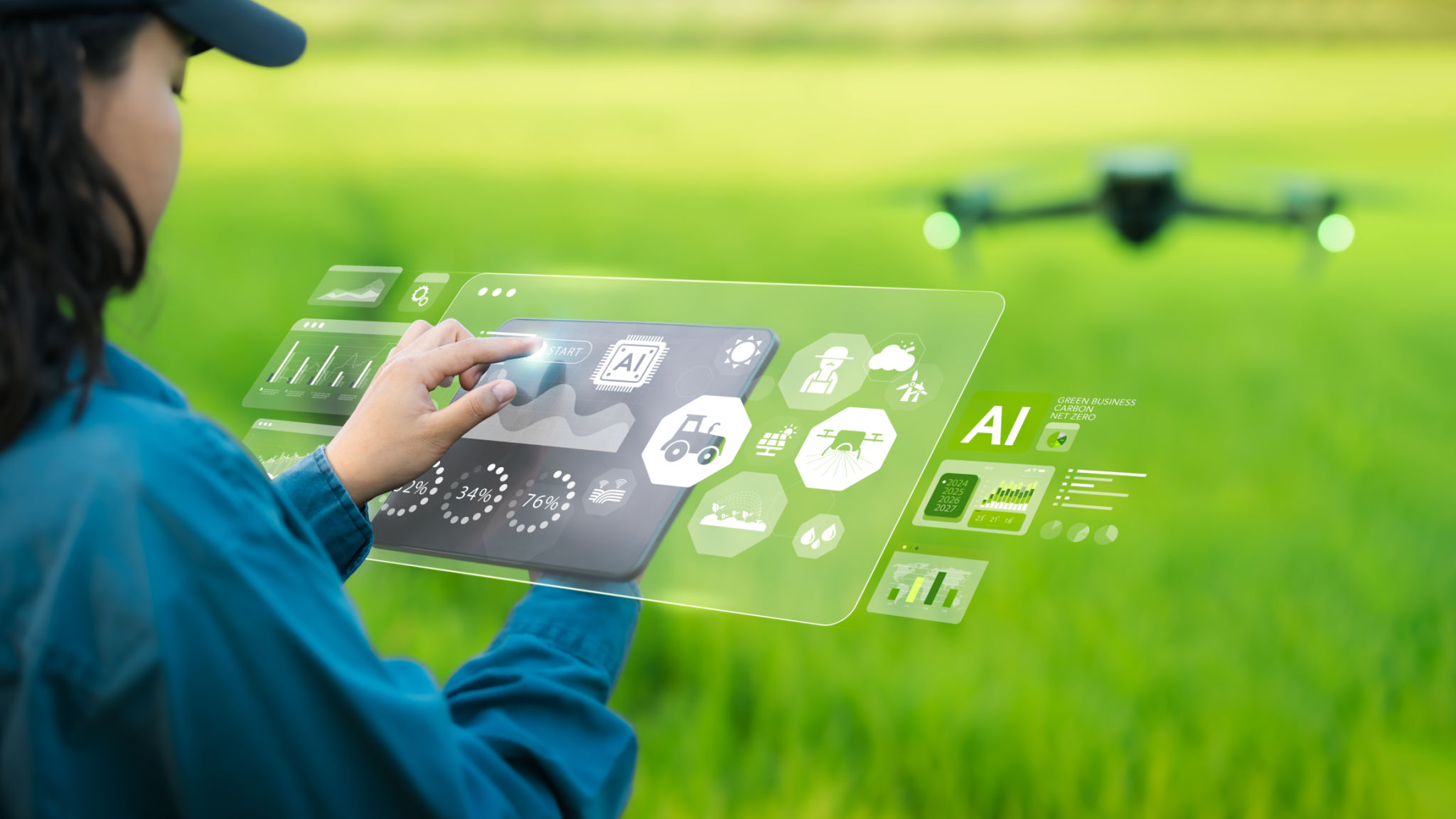How AI and Machine Learning Are Revolutionizing Biotechnology
Introduction to AI and Machine Learning in Biotechnology
Artificial Intelligence (AI) and Machine Learning (ML) are reshaping the landscape of biotechnology, offering unprecedented opportunities for innovation and advancement. These technologies are empowering researchers and companies to accelerate discoveries, improve accuracy, and streamline processes in ways that were previously unimaginable.

Enhancing Drug Discovery
One of the most significant impacts of AI and ML in biotechnology is in the area of drug discovery. Traditional drug development processes are often long, expensive, and fraught with challenges. However, AI and ML algorithms can analyze vast datasets quickly, identifying potential drug candidates and predicting their success rates with remarkable precision.
By leveraging AI, pharmaceutical companies can reduce the time and cost involved in bringing new drugs to market. This not only accelerates the availability of life-saving medications but also allows for more personalized treatment approaches tailored to individual patients.
Predictive Analytics in Drug Development
Predictive analytics powered by AI enables researchers to anticipate how different compounds will behave in biological systems. This capability is crucial for understanding complex interactions and minimizing the risk of adverse effects. As a result, AI-driven predictive models are becoming an integral part of modern drug discovery pipelines.

Advancements in Genomics
AI and ML are revolutionizing genomics by providing tools to decode the human genome more efficiently. These technologies can sift through massive amounts of genomic data to identify patterns and correlations that might be invisible to human researchers.
This ability to analyze genetic information quickly and accurately opens new doors for understanding genetic disorders, identifying biomarkers for diseases, and customizing treatments based on an individual's genetic makeup. It also accelerates research in areas like cancer genomics, where rapid insights can lead to groundbreaking therapies.

Improving Agricultural Biotechnology
Agricultural biotechnology is another sector witnessing transformative changes due to AI and ML. These technologies assist in developing crops that are more resilient to climate change, pests, and diseases. By analyzing environmental data alongside genetic information, AI systems help create genetically modified organisms (GMOs) that can thrive under varying conditions.
Moreover, AI-driven precision agriculture techniques enable farmers to optimize resource use, reduce waste, and increase crop yields. These advancements are crucial for ensuring food security as the global population continues to grow.
AI in Sustainable Farming Practices
AI technologies support sustainable farming practices by offering real-time insights into soil health, weather patterns, and crop needs. This information allows farmers to make informed decisions about planting, irrigation, and harvesting, leading to more sustainable and efficient agricultural practices.

Conclusion: The Future of Biotechnology
The integration of AI and ML into biotechnology is still in its early stages, but the potential for growth is immense. As these technologies continue to evolve, they will drive further innovations across various domains, from healthcare to agriculture. The ongoing collaboration between AI experts and biotechnologists promises a future where complex problems are solved faster and more effectively than ever before.
In summary, AI and ML are not just revolutionizing biotechnology; they are laying the foundation for a new era of scientific discovery and innovation that holds the promise of transforming our world for the better.
